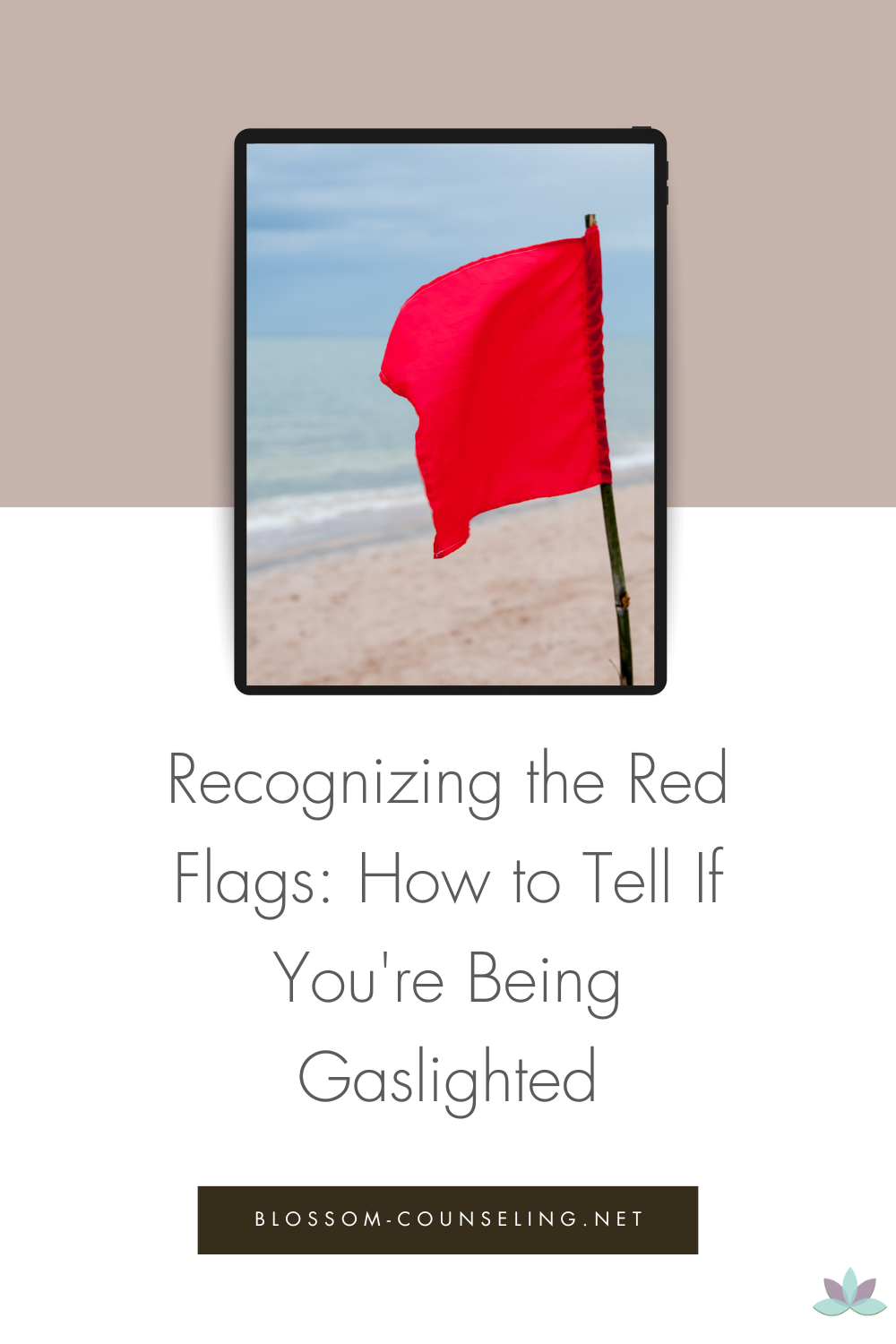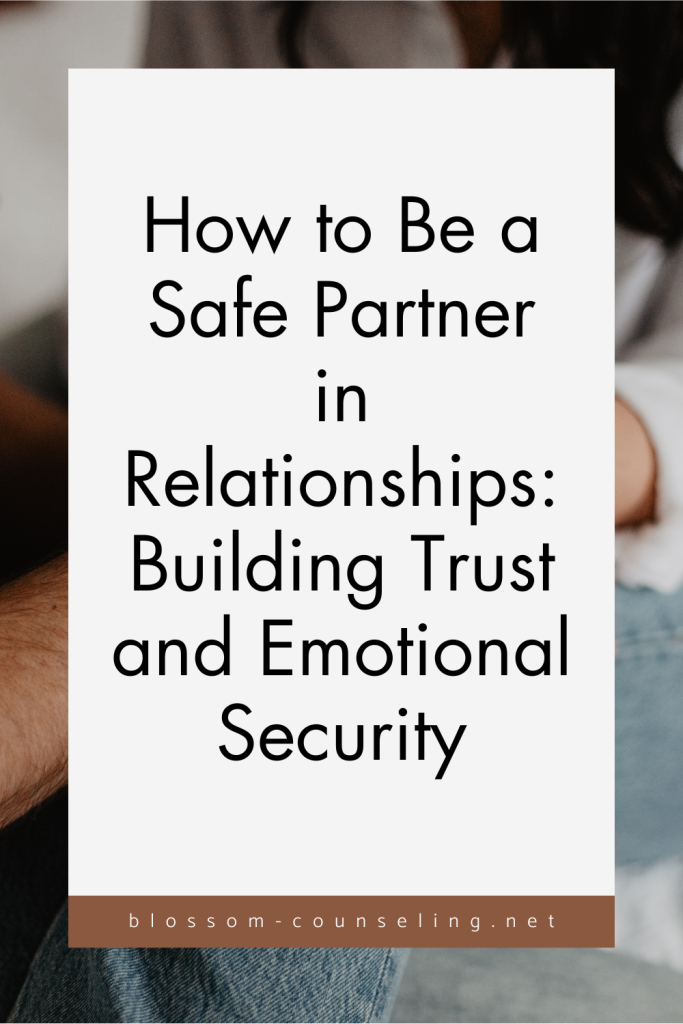
In the world of psychological phenomena, gaslighting has gained notoriety not just for its prevalence, but for its subtle, insidious nature. It’s a form of emotional abuse that undermines the victim’s reality, making them doubt their perceptions, memories, and even their sanity. Understanding the signs of gaslighting is crucial, not only for your mental health but also for maintaining healthy, respectful relationships.
The Slow Burn of Doubt
Gaslighting doesn’t happen overnight. It’s a slow, gradual process. Initially, you might brush off your partner’s or friend’s comments as odd or out of character. However, over time, these remarks or actions start chipping away at your confidence, leaving you questioning your judgment.
1. “You’re Overreacting”: One of the first red flags of gaslighting is the dismissal of your feelings. If you often hear that you’re being too sensitive, overreacting, or that you’re “crazy” for feeling a certain way, take a step back. It’s a classic tactic used by gaslighters to make you doubt your emotional responses.
2. Rewriting Reality: Have you ever been so sure of a conversation or event, only to have someone insist it didn’t happen that way? Gaslighters are adept at rewriting history, insisting you said or did things you didn’t, denying their own actions, or shifting blame to you. This manipulation creates a fog of confusion around your memory and perception.
3. Isolation: Gaslighters often attempt to isolate their victims from friends, family, or anyone who might support their version of reality. They might criticize the people you’re close to or make you feel guilty for spending time with others, slowly eroding your support network.
4. The Rollercoaster Effect: If your relationship feels like a constant emotional rollercoaster, it could be a sign of gaslighting. Gaslighters will alternate between praise and criticism, love and disdain, keeping you unbalanced and seeking their approval.
5. Apologies Without Change: An apology from a gaslighter often comes with no real intention of changing their behavior. It’s a tactic to pacify you temporarily, without addressing the underlying issue. Over time, this cycle of offense and hollow apology can make you doubt the validity of your grievances.
6. “It’s All in Your Head”: A hallmark of gaslighting is the denial of your reality. The gaslighter will often suggest your perceptions are wrong or that you’re imagining things, leading you to mistrust your senses and intuition.
7. Walking on Eggshells: If you find yourself constantly monitoring what you say or do to avoid conflict or criticism, it could be a sign of gaslighting. This self-censorship is a response to the unpredictable, often critical behavior of the gaslighter, leaving you always feeling on edge.
8. Diminished Self-worth: Over time, the cumulative effect of gaslighting is a significant blow to your self-esteem. You may begin to feel worthless, incompetent, or unlovable, questioning your value and capabilities.
Why It Matters
Recognizing these signs is the first step toward addressing the issue. Gaslighting can lead to anxiety, depression, and a host of other mental health challenges. Understanding and acknowledging the situation allows you to seek help, set boundaries, or take steps to remove yourself from the toxic environment.
In relationships, communication is key, but so is respect and trust. If you find these elements lacking, and signs of gaslighting present, it’s important to reassess the relationship’s health. Seeking support from friends, family, or a mental health professional can provide clarity, validation, and a path forward.
Remember, your feelings and perceptions are valid. Trusting yourself is the cornerstone of a healthy, fulfilling life. If you’re experiencing these signs of gaslighting, know that support is available, and you’re not alone in navigating these challenges.
|
|
Our team of compassionate therapists is here to help you find the support you need. We believe in a holistic approach, treating your mind, body, and spirit. With a blend of traditional and alternative therapies, we tailor your experience to meet your unique needs. At Blossom, we create a non-judgmental space where you can be your authentic self. Our goal is to empower you, amplify your strengths, and help you create lasting change. Together, we’ll navigate life’s challenges and help you bloom, grow, blossom! You deserve to become the best version of you.




